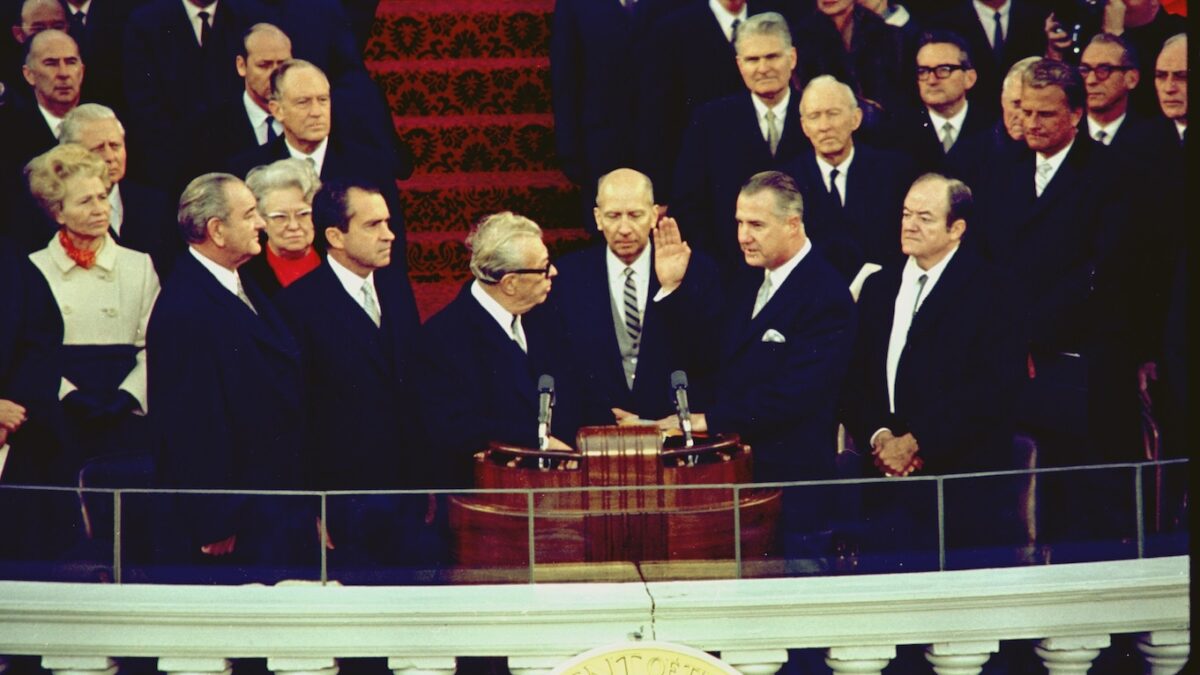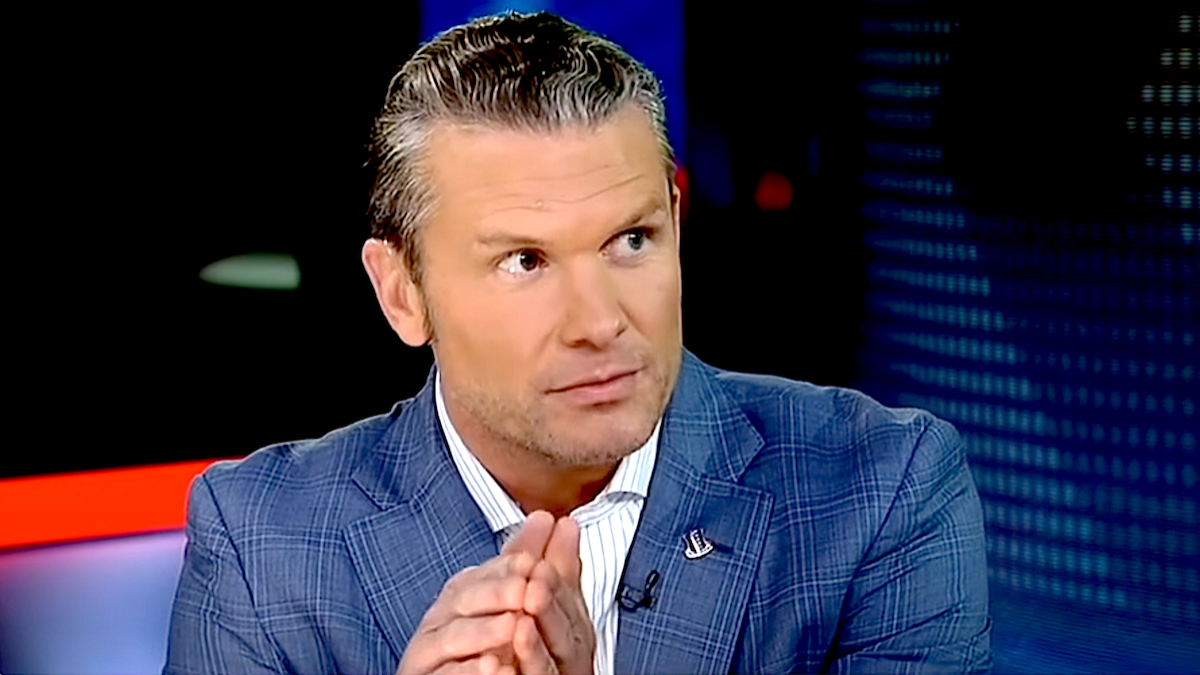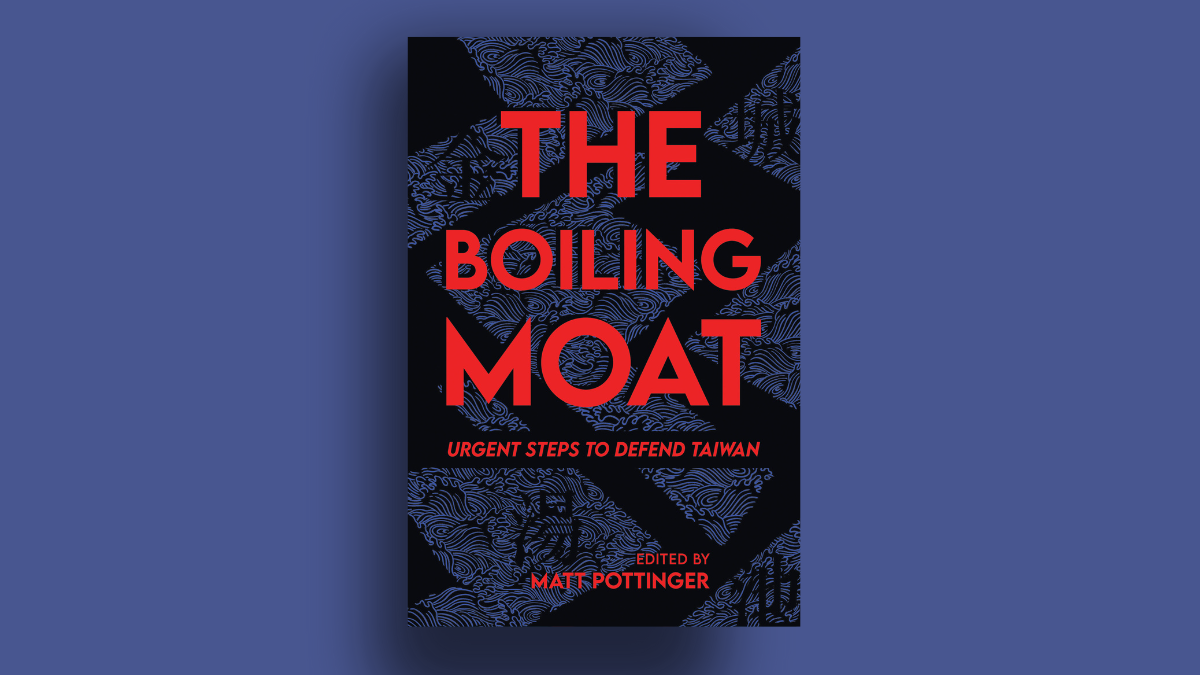“Don’t Look Up” is confusing the battle lines of our culture war. It’s been panned by some critics and praised by others — unusual for a piece of progressive propaganda. (Normally those just get praised.) It depicts faith and family as the ultimate refuge in moments of existential dread. It’s proven popular despite boasting explicit ideological ambitions.
Let’s take the last point first. Adam McKay’s political work is sneering and heavy-handed, an unwitting parody of insular elites. But if you don’t read movie reviews or follow the film’s stars on social media, “Don’t Look Up” could easily hit you as a commentary on COVID or any dire geopolitical challenge — at least until the end of the film, at which point writers David Sirota (whom I admire very much) and McKay mostly discard with their surprisingly subtle pretense, that an apocalyptic comet is a stand-in for the apocalypse of climate change.
I think that might explain the film’s popularity, which is holding steady according to Netflix’s self-reported figures. With the country mired in existential dread, “Don’t Look Up” is generic enough to make for easy projection. Choose your own apocalypse and the film seems like a commentary on it. (Mine is TikTok.) At his worst moments, Leonardo DiCaprio’s character is eerily reminiscent of Anthony Fauci. “The Daily Rip” satirizes “Morning Joe.” President Orlean and Peter Isherwell are self-interested corporatists without a clear partisan bent. The whole plot is basically a thought experiment on human behavior in the face of certain catastrophe, and it gets a lot of things right.
Of course, it gets a lot of things wrong too. But McKay and Sirota are sharply critical of bureaucracy and clear-eyed about the follies of Big Tech’s anti-human humanism. It was genuinely shocking to watch the final moments of the film join the protagonists with prayer and family while the antagonists cope with sex, booze, and gossip. I think that choice says something profound, that a progressive attempt to predict human behavior in the face of apocalypse landed on such a stark dichotomy.
Similarly, the failure of Isherwell’s high-tech plan to risk humanity with a fool-proof innovation that would bring about material wealth actually serves as a pretty smart and topical rebuttal to Silicon Valley. As does the failure of his backup plan, which involves cryogenics and ends very poorly for the elites who freeze themselves into the future.
As a commentary on climate change, the film has a host of fatal flaws. The most obvious, of course, is that climate change does not pose an apples-to-apples threat of extinction like the movie’s Dibiasky Comet. We’ve had Michael Shellenberger on “The Federalist Radio Hour” enough times to understand the science behind “Apocalypse Never,” which holds up to scrutiny.
That’s one of the reasons “Don’t Look Up” substitutes a comet for climate. Quite simply, the climate threat is not as clear as the comet threat. This seems obvious, but it really renders the movie’s entire commentary on humanity’s failure to protect itself from the climate apocalypse patronizing and useless.
Even Nathan J. Robinson made this point in his defense of the film for Current Affairs, writing, “My first thought about the comet as a stand-in for climate change was that it would miss a crucial aspect of the climate crisis, which is that it is not like a planet-destroying asteroid, because some people will suffer far more than others. A great many people will be pretty much fine, at least in the near term, while countless others will experience the horrific effects.” That’s a pretty big problem.
And this is where the movie deals a fundamental blow to its own premise. The central tension in “Don’t Look Up” is not between experts and everyone else — it’s between experts and experts. In a world where Isherwell, the president, the media, and the political establishment insist their science will save the world, how are members of the public supposed to know they should trust DiCaprio’s Dr. Mindy? Indeed “Don’t Look Up” even satirizes the fake science special interests concocted to support their bottom lines and sucks Dr. Mindy into a Fauci-style hole of fame and prestige.
That would be fine if the film spared the public, but it doesn’t. MAGA-esque rubes are duped by Orlean and Isherwell into chanting “Don’t look up!” as a political slogan. Much of the world goes about business as usual. And why shouldn’t it? Even if we grant “Don’t Look Up” its exaggerated climate premise, is the public supposed to trust Dr. Mindy? “The Daily Rip”? President Orlean? Isherwell? Everyone in power claims the mantle of scientific authority.
I get why climate activists have a chip on their collective shoulder, it’s true our media is more corporatist than leftist, although on cultural issues those are increasingly the same. Robinson’s Current Affairs review echoes the complaints issued by his fellow progressive travelers, that bad reviews of “Don’t Look Up” are missing the point in the service of elites.
“Giving such a film a thumbs-up or thumbs-down and assessing the quality of its humor shows that one has missed the point entirely,” Robinson contended. That’s not a valid criticism of people whose jobs are explicitly to give films a thumbs-up or thumbs-down. You can walk and chew gum at the same time, as many of the ideologically sympathetic reviewers managed by granting “Don’t Look Up” its premise while questioning its quality. (The film got a lot of good reviews too, for what it’s worth.)
It does have some very cringey, very McKay moments. But it’s also surprisingly funny, like one out of every 20 “Saturday Night Live” sketches that actually makes you laugh. I didn’t expect that from McKay, especially on a topic this ripe to induce Hollywood smugness.
But where smugness is somewhat absent from the jokes, it’s embedded in the film’s premise. “Trust the science!” is not a serious mantra when none of the institutions invoking it deserve trust. “Don’t Look Up” gets that part right but can’t resist dragging the public through the mud. And that’s an instinct making our comets all the more invisible.









